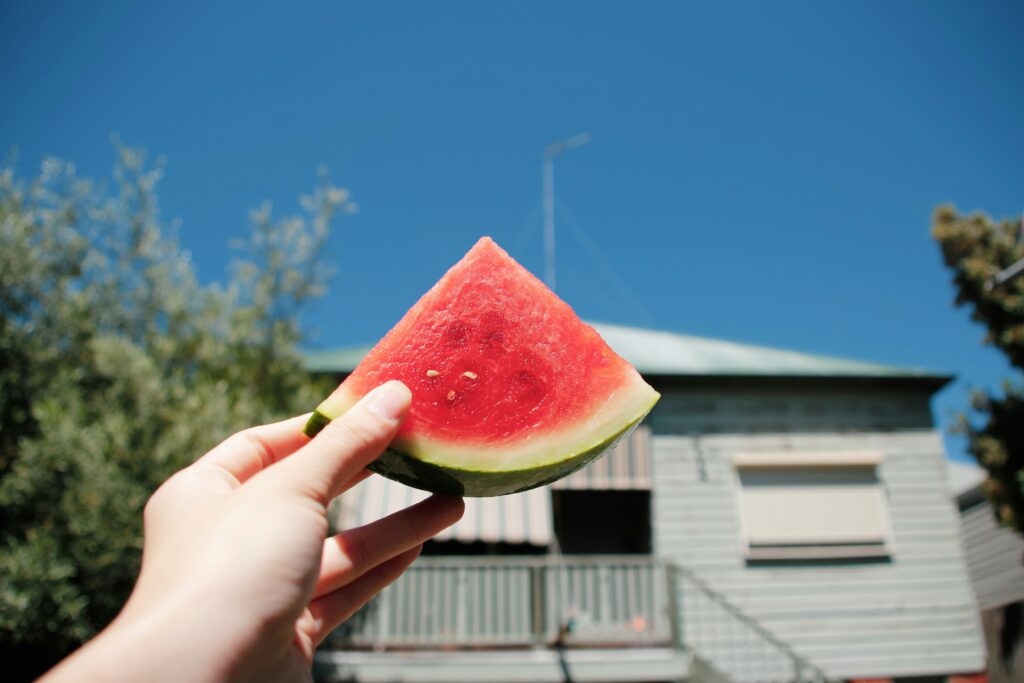Melatonin’s Secret Helpers: Natural Ways to Sleep Better
Melatonin is often called the “sleep hormone,” guiding our bodies to rest when night falls. But did you know there are natural ways to support melatonin production without pills? At HealthyLifeWhisper, we explore gentle, effective strategies—what we call melatonin’s secret helpers—to help you enjoy deep, restorative sleep naturally.
Why Melatonin Matters
Melatonin regulates the sleep-wake cycle, signaling your body when it’s time to sleep and wake. Low melatonin can lead to difficulty falling asleep, fragmented rest, or poor sleep quality. Supporting melatonin naturally helps maintain your circadian rhythm and promotes restorative sleep without medication.
1. Eat Sleep-Supportive Foods
Certain foods help boost melatonin or its precursor, tryptophan. Incorporate these into your evening routine:
- Almonds and walnuts – rich in magnesium and healthy fats
- Bananas – contain magnesium, potassium, and tryptophan
- Tart cherries – naturally high in melatonin
- Oats and whole grains – complex carbs that support serotonin and melatonin production
2. Sip Relaxing Herbal Teas
Herbal teas can gently signal your nervous system to relax:
- Chamomile – contains apigenin, promoting drowsiness
- Lavender – calming aroma and mild sedative properties
- Lemon balm – reduces stress and supports sleep onset
3. Dim Lights in the Evening
Melatonin production is triggered by darkness. Bright or blue light from screens suppresses it. About an hour before bed, dim your lights and avoid screens. Consider using warm lighting to cue your body for sleep.
4. Establish a Relaxing Bedtime Routine
Routines help your body recognize when it’s time to rest. Simple rituals include:
- Reading a calming book
- Gentle stretching or yoga
- Meditation or deep breathing exercises
5. Optimize Your Sleep Environment
Create a sanctuary that supports melatonin production naturally:
- Keep your bedroom dark, cool, and quiet
- Use blackout curtains or eye masks if needed
- Consider white noise machines for consistent background sound
6. Get Natural Sunlight During the Day
Exposure to daylight, especially in the morning, helps regulate your circadian rhythm. A well-regulated circadian cycle makes it easier for your body to produce melatonin at night.
7. Limit Stimulants and Heavy Meals Before Bed
Caffeine, nicotine, and heavy foods can interfere with melatonin production and sleep quality. Opt for light, sleep-friendly snacks if needed, and avoid stimulants within 6 hours of bedtime.
8. Mindful Relaxation Practices
Stress and racing thoughts reduce melatonin naturally. Gentle relaxation techniques like deep breathing, meditation, visualization, or journaling help quiet your mind and allow melatonin to do its work.
9. Consistent Sleep Schedule
Going to bed and waking up at the same time every day trains your body to release melatonin at predictable times, improving both the onset and quality of sleep.
Final Thoughts From HealthyLifeWhisper
Melatonin doesn’t need to come from pills to support your sleep. By integrating melatonin-friendly foods, herbal teas, dim lighting, gentle routines, and stress reduction practices into your evenings, you can naturally encourage restorative rest. These quiet helpers work gently but powerfully, allowing you to wake up refreshed, focused, and energized for the day ahead.

